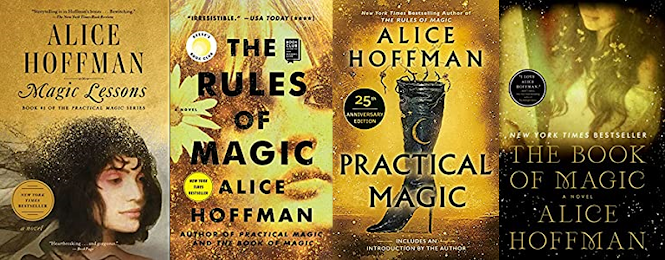I've been caught up in work things for the past few weeks, so my reading-for-fun has been a little limited. But I did finish Jillian Cantor's Beautiful Little Fools over the weekend, and it was well worth the time. It's a reimagining of The Great Gatsby from the point of view of the women of the story -- Daisy, Jordan, Myrtle, and Myrtle's sister Catherine.
Poor doomed Myrtle doesn't get a lot of page time in the book, and not much is really added to the depiction of her from Fitzgerald's novel... a woman in an abusive marriage with a dumb, mean, loutish man who she desperately wants to escape from. She gets a little backstory in that she fled a midwestern farm for what she thought would be a more glamorous life with George. Not finding that, she seeks it in her relationship with Tom.
Catherine follows her to New York, but is presented as a much more independent type -- a suffragette who largely manages to live life on her own terms. Cantor gives her a bit of a backstory with Gatsby, which helps to set up his death as murder mystery (a big twist on the original novel). She's an interesting character, and the most significant departure from the Fitzgerald story.
Jordan is fleshed out in a fascinating way, with a lot of attention to her history of friendship with Daisy, her attempts to figure out her own life, and what she is thinking and doing during that crazy summer on Long Island. Her cool, sardonic demeanor is here hiding a lot of emotional turmoil and more than a few secrets.
But of course it really comes down to Daisy Fay Buchanan, and to be honest, I'm still not quite sure how to think about her. Enigmatic and tragic, or shallow and manipulative? I still can't quite decide... Cantor's story gives her a history that offers a good explanation for her behavior with both Tom and Gatsby. But in the end, while I felt like I understood her better, I still found her as unlikeable as I did the first time I read The Great Gatsby many years ago.
The original sets up Jay as worshipping an ideal in Daisy (who proves herself unworthy of his love), but in this version, worship crosses over into obsession, and the dark side of Gatsby that is hinted at by Fitzgerald (via ruthlessness and shady underworld dealings) lends itself to a more stalker-ish interpretation of his feelings toward Daisy that actually feels pretty on point.
It puts a new twist on the tragic events that unfold with Myrtle's death and the subsequent death of Gatsby. The story is plausible and makes sense in relation to the original novel, and is an entertaining and engaging read on its own.




